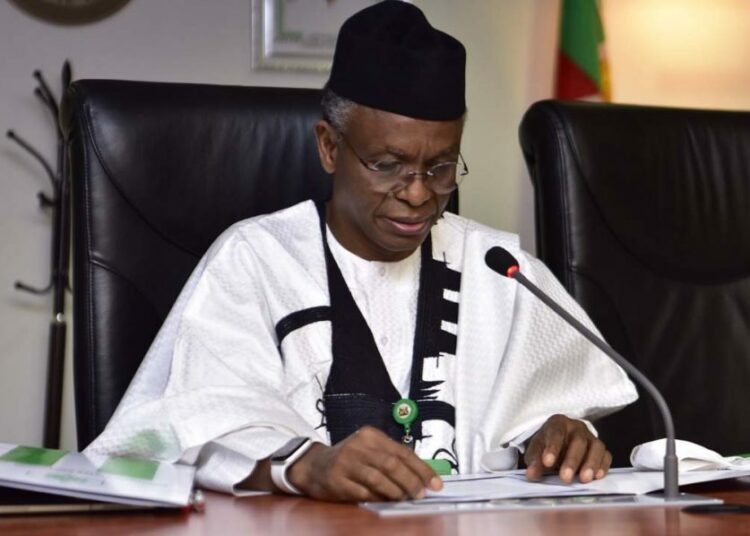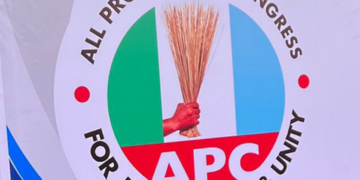Governor Nasir El-Rufai has disclosed that the Kaduna State government had conceived a three-prong approach to solve the transportation problem in the state for efficient human and vehicular movement.
The governor who stated this at the ground breaking of Bus Rapid Transit(BRT) traced the efforts of the government in securing finance for the projects.
‘’We began to explore the possibility of having a light rail stretching from Rigachikun to Maraban Rido and we made progress securing finance from the Indian Xing Bank to the tune of $6 million to execute the project.
‘’We engaged the famous French transportation consulting firm, Systra, to do the feasibility studies as well as engineering design for the project,’’ he added.
El-Rufai lamented that the government had been unable to find an operator to operate the light rail when completed, but felt it was important to do that before proceeding.
According to him, the second component of addressing the problem is the BRT, which the government initially had difficulty in financing.
The governor said the French government stepped in and through its development agency, AFD, offered a concessionary line of credit to finance the project.
El-Rufai expressed gratitude to the ‘government of France as well as the ambassador and her team for being patient and pushing very hard to get the project to the current stage.
He expressed optimism that in a couple of years, Kaduna would have a functional Bus Rapid Transit that would be moving tens of thousands of people every day.
The governor said with the project, government would be partnering smaller bus operators and the Kaduna State Transport Authority to carry most of the people going to work and back home every day in Kaduna city.
‘’We hope with the success of this project, we will extend this to Zaria metropolitan area and Kafanchan municipal area and gradually to all our major towns and cities,’’ he said.
Responding, the French ambassador, Emmanuelle Blatmann, who jointly laid the foundation stone with the governor, described the project as ambitious.
She expressed hope that the Kaduna model would serve as source of reference to other states in the country. Blatmann also said over 100,000 persons would benefit from the project and over 100,000 commuters would use the service daily.











